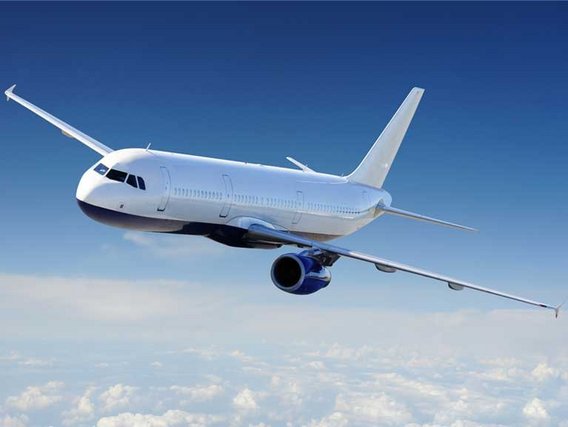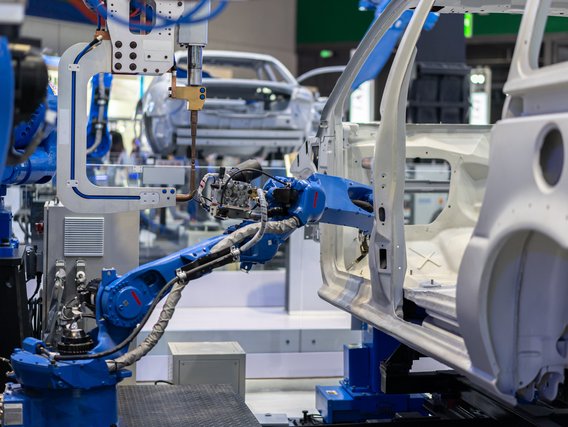
ISO 9001
ISO 9001 is an internationally recognised standard which sets out the requirements for quality management systems. These requirements are broad and are designed to apply to all types of organisations regardless of their size or sector of business.
Certification according to ISO 9001 provides any company with the following advantages:
- Enhances a company's reputation regarding quality,
- Creates a systematic approach to identifying the needs of interested parties (e.g., customers) and achieving their continuous satisfaction,
- Promotes continuous improvement,
- Improves operational and financial performance,
- Enhances competitiveness.
Certification according to ISO 9001 includes the following:
- Confirming with the company the scope of its certification,
- Certification audit,
- Management of any non-conformities identified during the audit,
- Issue of the certificate,
- Two annual surveillance audits (the certificate is valid for 3 years)




